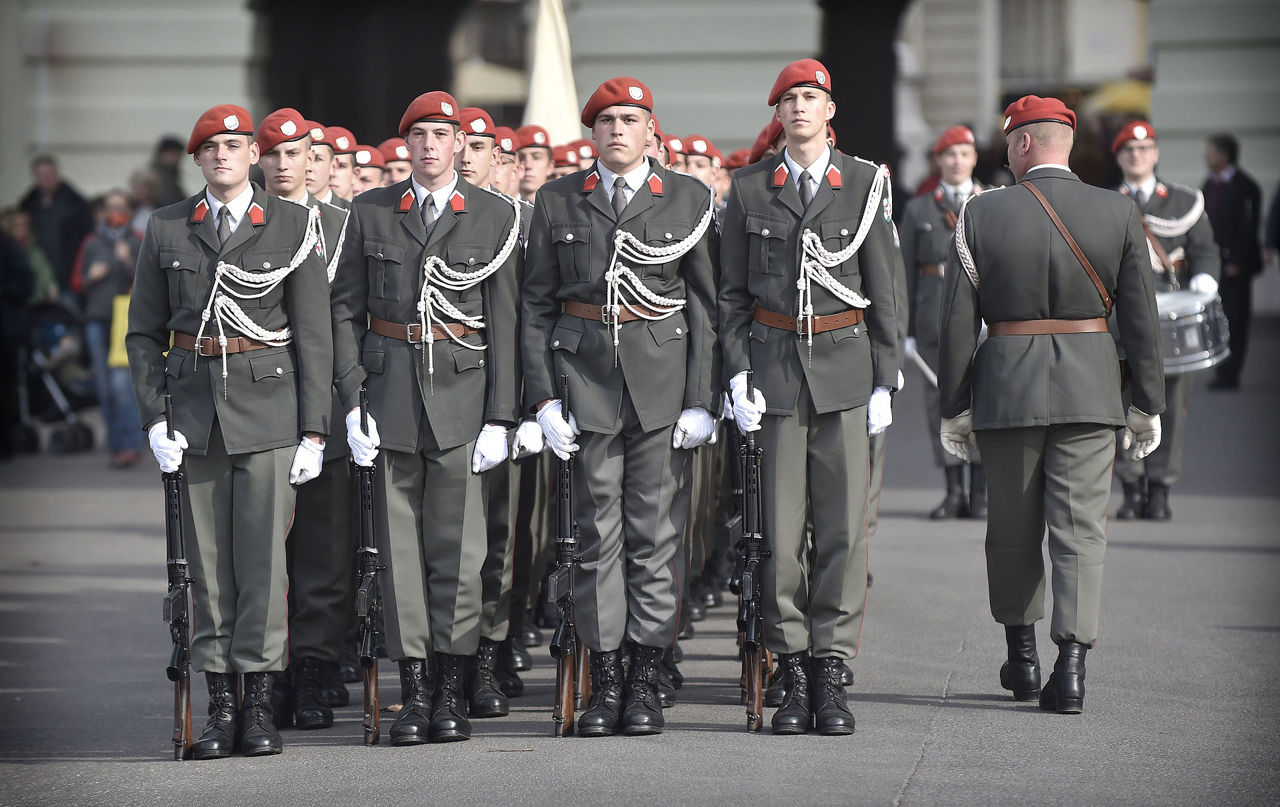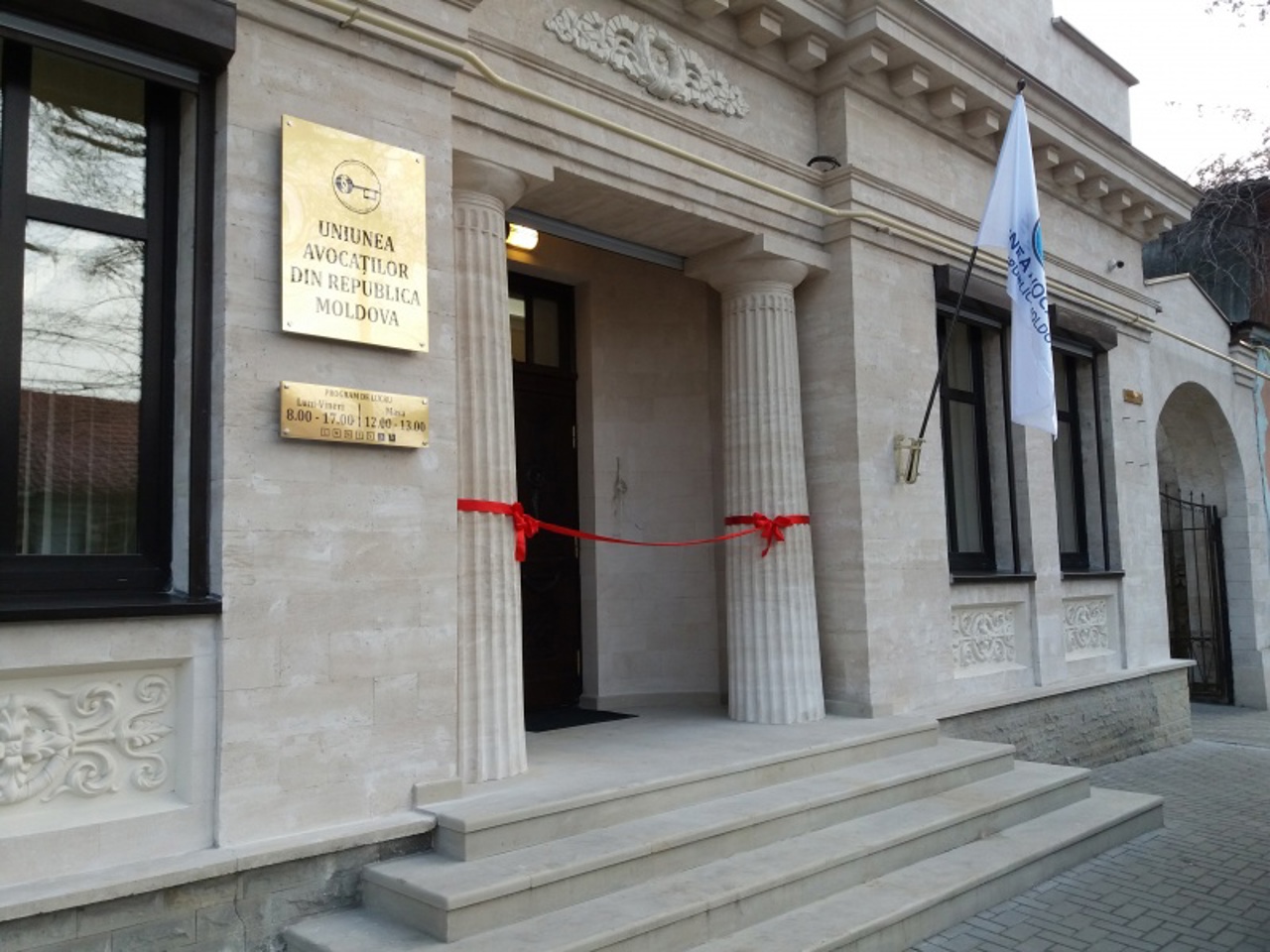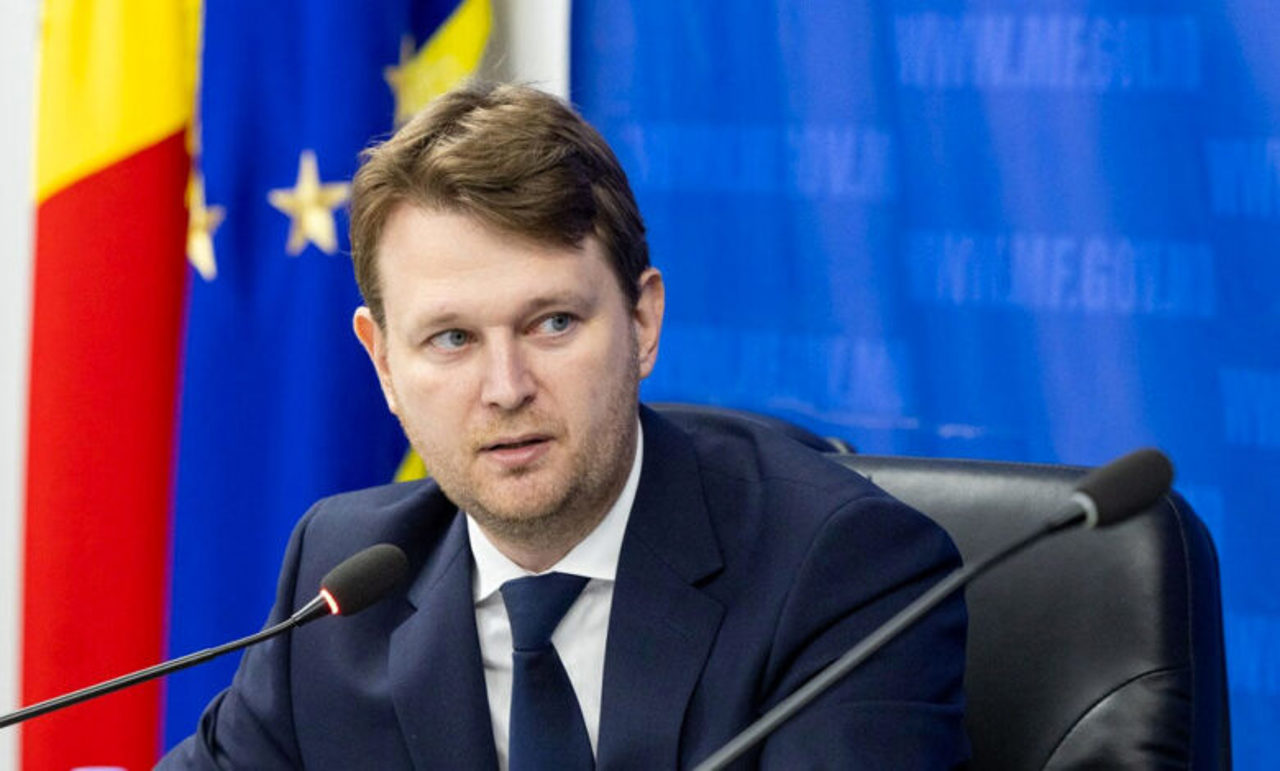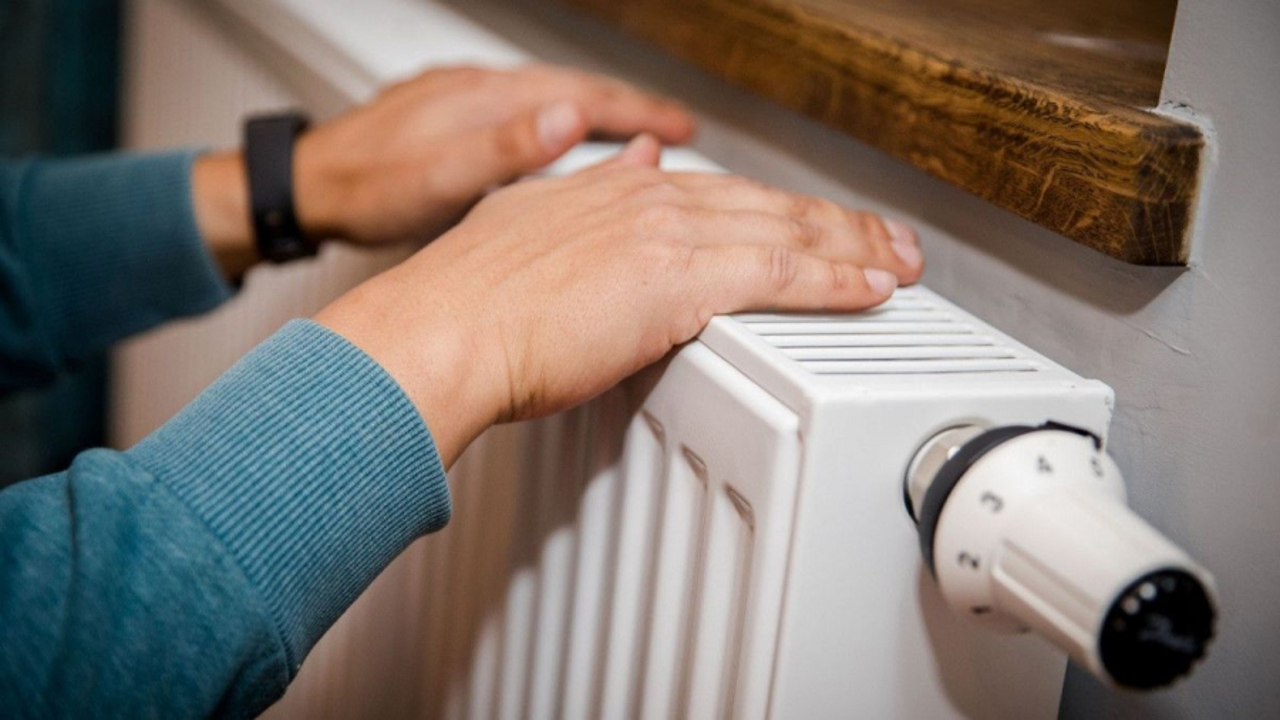Correspondence // NATO and Austria, a country with selective neutrality
Austria, where elections were held on Sunday 20 September, is, together with Ireland, Cyprus and Malta, one of the four member countries of the European Union that are not NATO members. Austria has had official relations with NATO since 1995, when it joined the Partnership for Peace program (one year after the Republic of Moldova). It is therefore no coincidence that Austria's national holiday is on October 26, the date on which, in 1955, the Vienna Parliament approved a statement on eternal neutrality.
This means that from a technical and legal point of view Austria cannot join NATO and also shows the importance of neutrality for the Austrian national identity. During the Cold War, Austria's neutrality contributed to the establishment of headquarters in Vienna by the International Atomic Energy Agency (IAEA) and the Organization of the Petroleum Exporting Countries (OPEC). Vienna is also home to the Organization for Security and Co-operation in Europe (or OSCE) and is one of the four main headquarters of the UN.
Recent polls show that this neutrality remains popular with three quarters of the Austrian population. The war in Ukraine does not seem to have had a major impact. In Austria, foreign policy has largely been outsourced to Brussels, and any topic that could lead to a potentially awkward discussion of neutrality is carefully avoided.
The significance of Austria's neutrality is certainly much more diffuse these days than it was during the Cold War. As EU member, Austria is part of its Common Foreign and Security Policy and Security and Defense Policy. The country also participates in NATO's Partnership for Peace, since 1995, one year after the Republic of Moldova. Some recent developments have brought Austria closer to NATO. In July 2023, Austria joined the German-led Sky Shield initiative, which aims to strengthen Europe's air defenses in light of the war in Ukraine.
The far-right FPÖ party opposes the move, while politicians from the ÖVP have promoted it in government.
Broad support for neutrality does not necessarily mean the Austrians want to maintain a small army. A small majority supports increased military spending and the government has taken steps in this direction. Regardless of the composition of the next government coalition, the current pledge to spend 1.5% of GDP on military by 2028 looks set to be maintained.
Compared to other EU countries, Austria has retained significant ties with Russia even after the large-scale invasion of Ukraine in February 2022. Austria's Raiffeisen Bank International (RBI) is the largest Western bank still operating in Russia. The Austrian government successfully lobbied hard in December 2023 for the RBI to be excluded from the EU's 12th sanctions package against Russia.
Since then, the European Central Bank and the US authorities have continued to exert pressure on the RBI and the government in Vienna. However, in 2024, more than half of RBl's profits came from its operations in Russia and Belarus.
Dependence on Russian gas
In addition to banking ties, Austria remains dependent on Russian gas. This year, Austria imports at least 80% of its natural gas from Russia every month. This percentage is higher than in the last two years. In this sense, Austria is the inverse image of Germany, which has progressively diversified its energy supply away from Russia since 2022.
Although there was no time for parliamentary approval before the election, the Austrian government recently agreed to revise the current national security strategy, which dates back to 2013. Back then, Russia was described as a "partner". The new national strategy, however, would define Moscow as a "threat" and emphasize the need to reduce Austria's energy dependence on it. Talks to form a government are expected to last. The EU will pay close attention to the negotiations in the hope of avoiding a new Austrian government complicating EU sanctions against Russia and military aid to Ukraine.
Author: Dan Alexe





